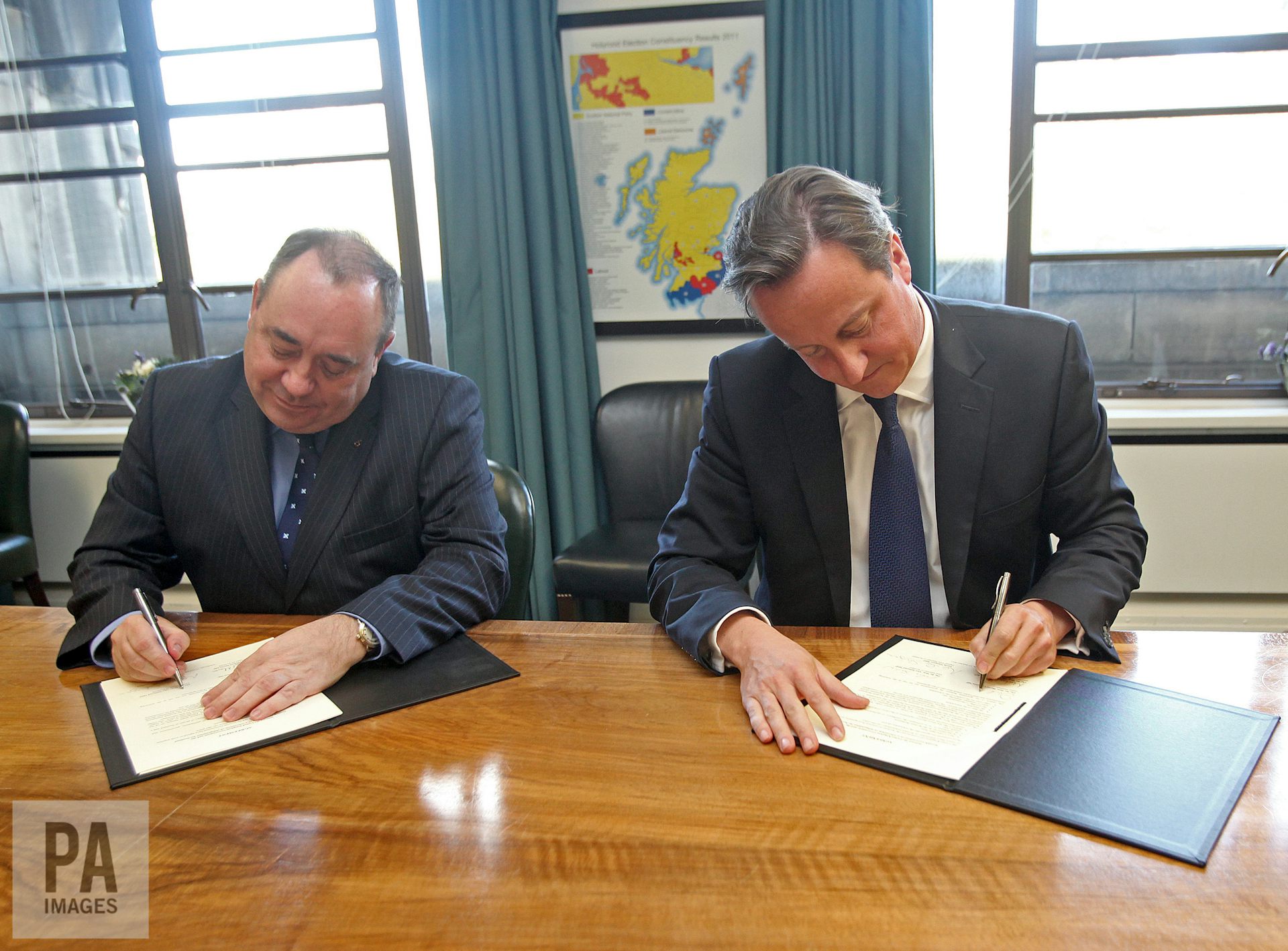(
MENAFN- The Conversation) The UK Supreme Courtrulingover the triggering of Article 50, the EU process that will make Brexit possible, was half a victory for the Scottish
government – and perhaps more than that.
On the plus side, it means there will now be a Westminster vote over triggering Brexit. On the minus side, there will be no veto for Scotland or the other devolved parliaments. Yet this too is arguably a positive in the Scottish government's quest to keep Scotland in the EU and eventually gain independence.
The court's decision to allow both houses of parliament to vote on the Brexit bill will help the Scottish nationalist MPs at Westminster as they try to build support for avoiding a departure from the European single market. It will also cause difficulties particularly for Labour, which is already torn between having many MPs who oppose Brexit but serve constituencies that voted in favour.
Still the SNP's main competitor for votes in Scotland, Labour's intractable mess over Brexit will become much more obvious in debates and votes in the House of Commons. This will help to sharpen political conflict over the process and substance of Brexit, which sees the SNP aligned with Scottish voters and many of the country's institutions and interest groups – a fairly novel situation for the party on a major constitutional, political and economic issue.
Nicola Sturgeon, the SNP leader and Scottish first minister,has already saidher party will table 50 'serious and substantive amendments' to the bill. These will include a proposal that the UK would remain in the EU under revised membership terms if MPs reject the final deal; and that any deal will require the unanimous agreement of the Joint Ministerial Committee of the UK's four nations.
No veto
The Supreme Court's decision against allowing the Scottish, Welsh and Northern Irish governments to have a formal role in the Brexit process is a mixed blessing for the SNP. The Scottish government would have used its institutional leverage to bargain, negotiate and threaten the UK with a veto – not least as ithas producedits own Brexit options for Scotland. Now the Scottish government isreduced tomaking political hay bymoving fora Brexit vote in Holyrood anyway.
On the other hand, the Supreme Court ruling relegated the importance of devolution and supports the supremacy of Westminster. The55% No votein the Scottish independence referendum of 2014 was built on a strong and improveddevolution settlementand the argument that UK membership wasthe only wayto stay in the EU: both have been fatally undermined by Brexit.
It's a funny kind of unionism that prevents Scotland (and the other devolved nations) from having a voice over Brexit through institutions set up to bolster their role in the UK. The Conservative government's position isn't exactly consistent with claims from senior figures to ' listen to Scotland ' and that the UK is a ' partnership of nations '. It doesn't make Scotland appear to have 'the strongest devolved parliament in the world', contrary topromises fromformer prime minister David Cameron.
Poll position
Where does this all leave a second independence referendum? Following the court's verdict, Nicola Sturgeon did not really move forward from her previous indications that a referendum is probable. Shesaid :
My own reading is that the court's decision probably makes a second referendum closer. Crucially, however, there will be less control over the timing than last time around. When the Scottish governmentnegotiatedthe terms of the first independence referendum in 2012, it was given the power to hold it by the end of 2014. This gave it some control over the timetable. This time, the timing of such a poll will probably be dictated by the Brexit departure timetable.

David Cameron and Alex Salmond signing Edinburgh Agreement in 2012.
PA/Gordon Terris
And while Brexit is certainly the type of explicit material change the SNP has longsaid wouldlegitimise a second referendum, this doesn't make it inevitable or winnable. There are a lot of obstacles in the way, such as theoil price , thecurrencyquestion, futureEU membershipand lukewarmindependence polling .
The SNP leadership is realistic about this, retaining a note of caution, knowing that everything is different to 2014 except public opinion. Yet much could still change: a lot of the substance of Brexit and its effects are still to come. That will feed into the SNP's agenda on the constitution – not to mention policy issues for the Scottish government such as EU citizens, social policy, the environment, single market, energy and higher education. As Nicola Sturgeon and her advisers await the UK goverment'sWhite Paperon Brexit, they will certainly be feeling that there is still everything to play for.
Labour
EU
SNP
Scotland
Devolution
Theresa May
Holyrood
Brexit
Nicola Sturgeon
Conservative
Supreme Court
Westminster
Article 50
MENAFN2005201901990000ID1098547560
Legal Disclaimer:
MENAFN provides the information “as is” without warranty of any kind. We do not accept any responsibility or liability for the accuracy, content, images, videos, licenses, completeness, legality, or reliability of the information contained in this article. If you have any complaints or copyright issues related to this article, kindly contact the provider above.